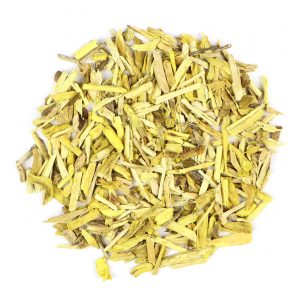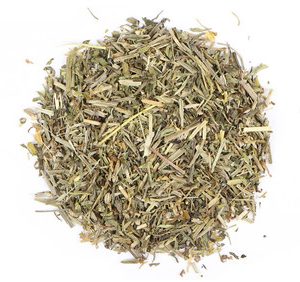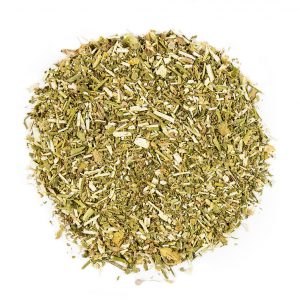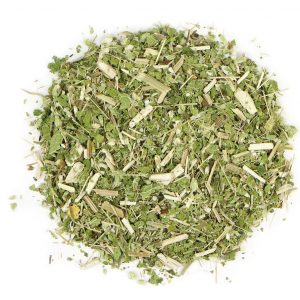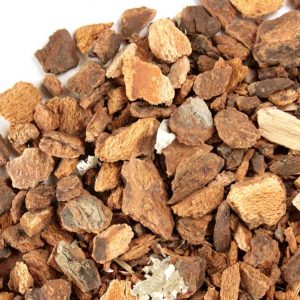Native to eastern North America, Prunus serotina has small, dark fruits called cherries that are often used as food as well as making jams and liqueurs. The tree’s reddish-brown bark has traditionally been employed for its wellness-supporting properties. Wild cherry tree bark was first used by indigenous populations and was later adopted into traditional folk herbalism. Wild cherry bark is typically employed in herbal syrups, wild cherry bark tea, or liquid extracts.
From ancient times the cherry has been associated with virginity, the red colored fruit with the enclosed seed symbolizing the uterus. Buddhism teaches that Maya, the virgin mother of Buddha, was supported by a holy cherry tree during her pregnancy. In Danish folklore, a good crop of cherries was insured by having the first ripe fruit eaten by a woman shortly after her first child was born. Many myths used cherries as symbols of both education and concealment. Wild cherry is a member of the rose family and also goes by wild black cherry. Most commonly found in Syrup formulas; however, it may be administered as a tea or extract.


